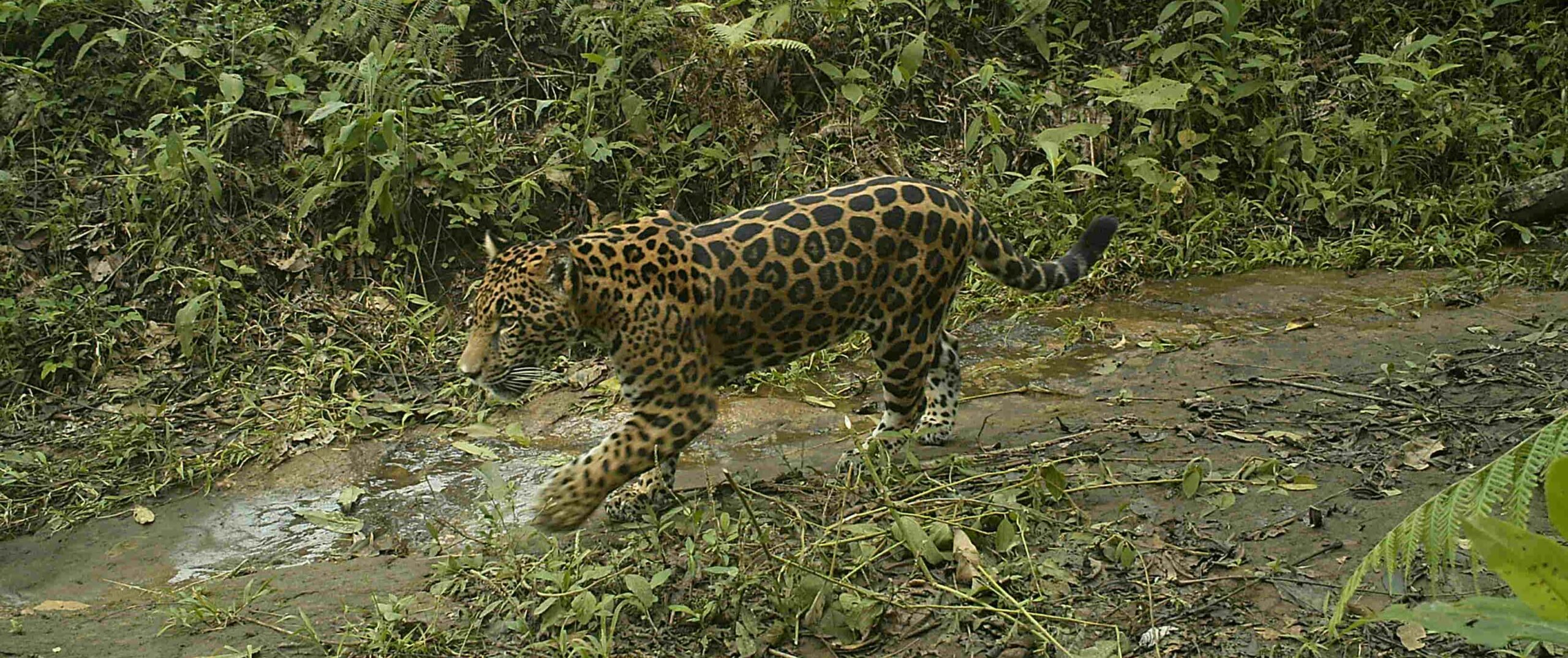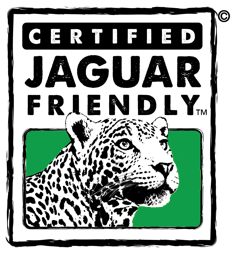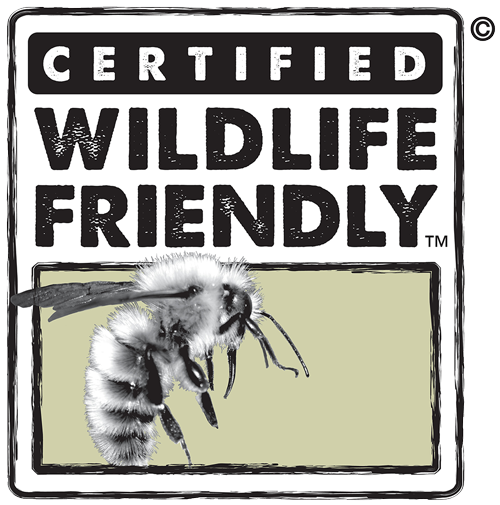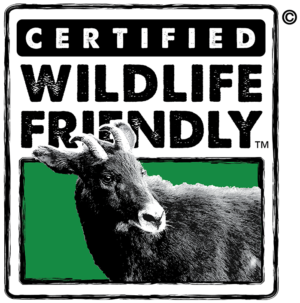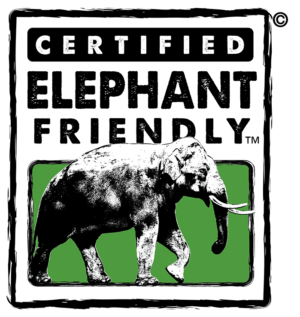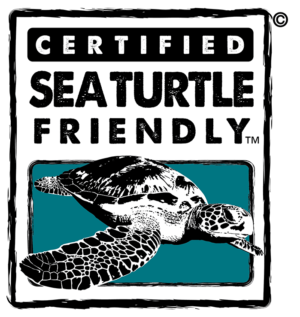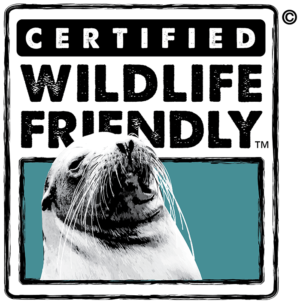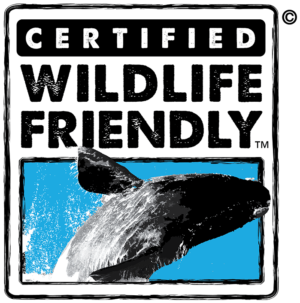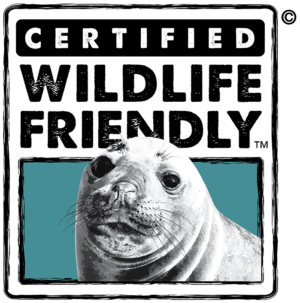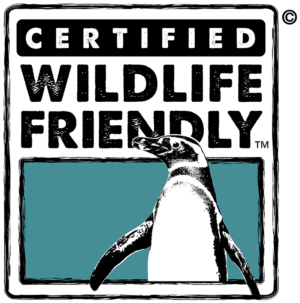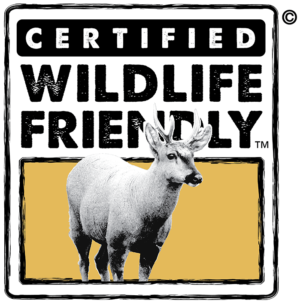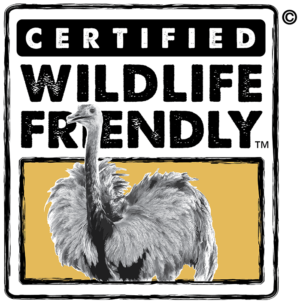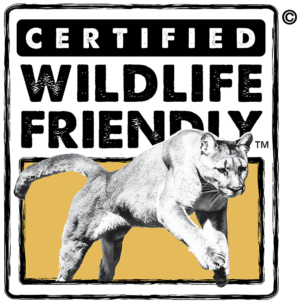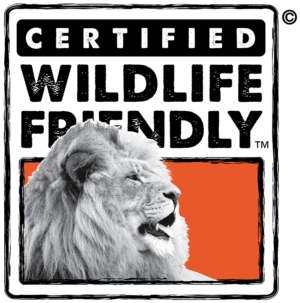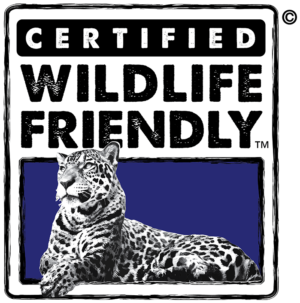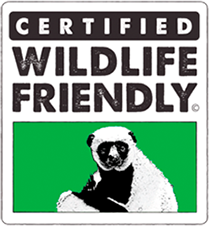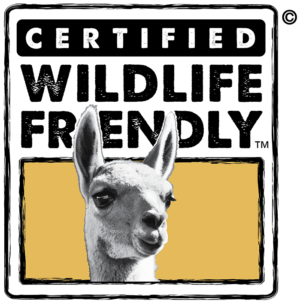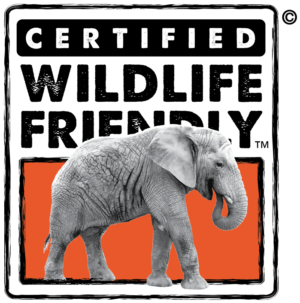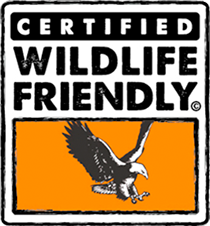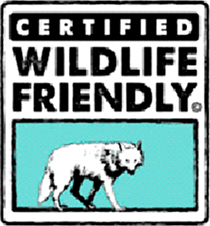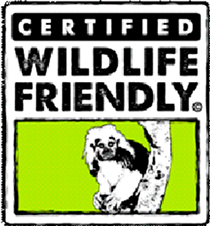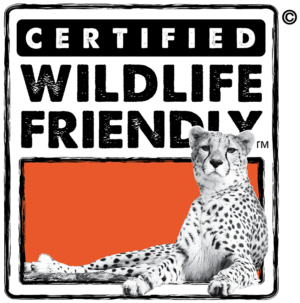Colombia
The Conflict
The main threat to wildlife conservation in the Sierra Nevada de Santa Marta region of Colombia is the expansion of agricultural and cattle ranching operations, which results in habitat loss for key species. As an apex predator the jaguar is one of the species that is being most affected by habitat loss, and also loss of prey from unregulated hunting and retaliatory hunting as a result of the conflict with cattle ranchers and local farmers in the area. In addition, climate change is impacting the area as the dry season is longer than normal and the river flow has decreased considerably.
The Solution
There are over 130 Jaguar Friendly™ coffee and cacao farms in Colombia covering 1,992 hectares of jaguar landscape, of which 870 hectares are forested.
These Jaguar Friendly™ farms produce coffee under a shade-grown scheme, which allows the growth of native arboreal species and the habitat connectivity for different animals such as the jaguar (Panthera onca), puma (Puma concolor), ocelot (Leopardus pardalis), yaguarundi (Herpailurus yagouaroundi), agouti (Dasyprocta punctata), armadillos (Dasypodidae) and the white-tailed deer (Odocoileus virginianus), among others. Due to the fact that it is located in the Sierra Nevada de Santa Marta, a mountainous system with high diversity of ecosystems and isolated from the Andes mountains these farms have a high species richness and representation of endemic species only occurring in that region. Because this region is the last stronghold for jaguars in Colombia it is very important to maintain sustainable production and maintain and expand quality habitat for jaguars. Protecting habitat for apex predators like jaguars also ensures habitat for many other species. Shade grown coffee includes native trees and plants helps to restore the habitat and allows farms to act as corridors and connectors at a landscape scale, enabling safe passage of wildlife through the coffee farms.
The Conservation Enterprise
Coffee is currently available from Costa Rica and Colombia including arabica, caturra, castillo, and tabi varieties. You can learn more about the certified farms and the Jaguar Friendly™ program here. For more information and questions about sourcing, contact info@procat-conservation.org.
Costa Rica
The Conflict
Coffee growing regions have suffered from severe deforestation, and consequent habitat loss and fragmentation as well as from selective logging and poaching. Land-use changes together with poaching remain the most serious threats to wildlife in the region especially impacting apex predator species like jaguars.
The Solution
A Jaguar Friendly™ coffee pilot farm has been established that includes the four most important factors for jaguar conservation in the region: 1) no hunting allowed in the area; 2) 100% shade-grown coffee with multi-specific native cover; 3) management practices for livestock that reducing potential conflict with jaguars; and 4) managing crops to reduce the use of chemicals and pollution. These practices for coffee production lead to improvements in both conservation and farmer profits.
Species protected include not only the jaguar (Panthera onca), but also healthy populations of puma (Puma concolor), ocelot (Leopardus pardalis), oncilla (Leopardus tigrinus), white-lipped peccary (Tayassu pecari), Baird’s tapir (Tapirus bairdii), among other species.
The goal of this pilot farm is to maintain sustainable production by focusing on maintaining and expanding current quality habitat to wildlife, especially jaguars, in the last stronghold for the species in Costa Rica (González-Maya et al. 2008, 2016, de la Torre et al. 2017). In the last twenty years, the farm has reduced the poachers’ activity by carrying out active security patrolling and influencing young generations through education and close work with local communities. Also, the farm has maintained and restored forest cover all over the property both via reforestation with native species and by natural succession through isolation. The farm has improved forest cover surrounding the production plots and by diversifying shade species within the crops. Additionally, all agrochemical use was eliminated reducing pollution in general across the farm and with fully organic production for the last 20 years.
In addition based on camera trapping over the last 12 years there is documented evidence for an increase in most wildlife populations around the farm, including the reappearance of thought-to-be-extinct species such as the White-lipped peccary, and most importantly there is evidence of wildlife using the coffee plots as habitat including documented foraging activity, transit and reproduction. Production practices have been also improved including diversification of shade species and the farm has supported continuous research for more than a decade. This is a model farm incorporating Jaguar Friendly™ practices as a means to recover habitat for jaguar and other species, and to restore natural connectivity along the Amistosa Biological Corridor, that connects naturally La Amistad and Osa.
Some of the best practices for Jaguar Friendly™ coffee production on this model farm include:
- The plantation is fully shade-grown coffee, with a multi-specific and native shade composition.
- The farm pays workers by the hour, not by coffee basket, therefore ensuring that only suitable coffee grains are harvested and the plant is not damaged, and most importantly labor conditions are improved.
- The production system is 100% organic thus keeping reducing pollution of the rivers nearby. The farm provides the water supply for nearly 20,000 people in 24 communities in the surrounding areas through a local water supply association that is also fully committed to the process.
- Hunting is completely forbidden and controlled in the farm.
- All coffee plantations are fully integrated with the forest; therefore, animals can move easily through the matrix.
- All the coffee workers are members of the local community and their economic benefits are higher relative to other farms in the region.
The Conservation Enterprise
Coffee is currently available from Costa Rica and Colombia including arabica, caturra, castillo, and tabi varieties. You can learn more about the certified farms and the Jaguar Friendly™ program here. For more information and questions about sourcing, contact info@procat-conservation.org.

